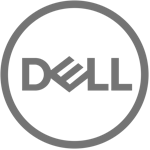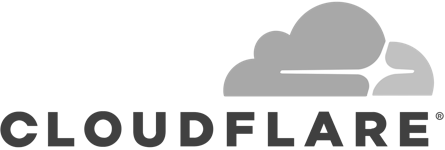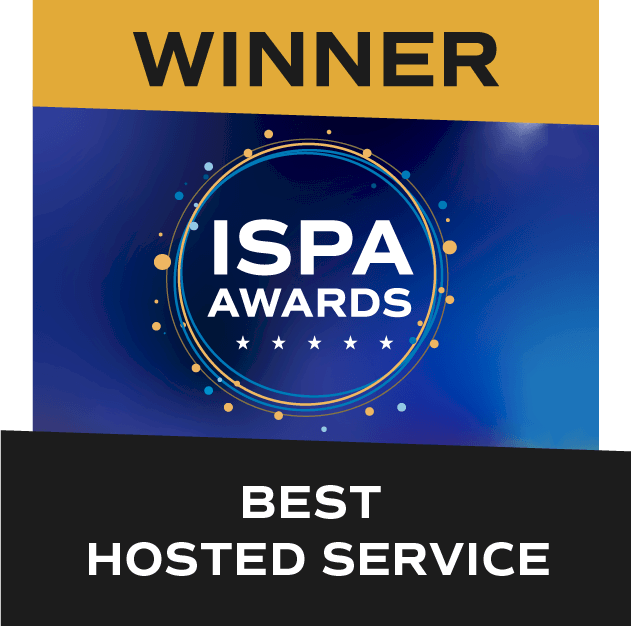Cloud Hosting
A Brief History of Cloud Computing | Storm Internet

Firstly, what is Cloud Computing? Well, put simply, it is the use of remote servers hosted on the internet, rather than a local server (or PC) to process, manage and store data.
So why “The Cloud”? Well, in the 90’s computer scientists and developers needed to use something in their design diagrams to denote the network – the part of the design that was someone else’s problem. The thing that happened elsewhere, “out there”, that they didn’t need to concern themselves with. A sort of blob like cloud became the way in which “the network” was illustrated. (If you look up early networking designs online you’ll find some great examples). This gradually developed into the use of the term “cloud computing” to refer to networks and servers that were located elsewhere. It is believed that the first known definition of the term “Cloud Computing” was given by Professor Ramnath Chellappa in Dallas in 1997 during a lecture.
So there’s an etymological explanation of the Cloud, how about the history? The idea for networking systems such as the Cloud isn’t new. It all started back in the 1960s and has gradually evolved in to what we know today.
J.C.R Licklider’s ARPANET (Advanced Research Projects Agency Network) in the US was the foundation of what we now recognise as the modern internet. In 1969 the design linked just four university computers, enabling them to share computer resources for scientific research work.
Fast forward to the 1970’s and the technology had moved on. Virtualisation software had developed and the term “client-server” came about. Users could access information and data from one central server over a small local area network.
But it was the 1990’s where technology really started to move in the direction of what we recognise today. In 1991 the World Wide Web went live to the world. The Internet was now in existence and people were seeing a new way of using the technology. Life went online – shopping, socialising, knowledge and the potential for data access and storage.
In 1999 a little company called Google came into existence. In the same year Salesforce pioneered the use of online applications, providing services for business to access via the Internet.
By the early 2000’s, after the dot.com bubble burst, some say companies were looking for ways to streamline their technology to be more efficient and by 2006 one such company, Amazon had pushed through and survived. It used the opportunity to completely change the way it did business. It started to use a version of cloud computing allowing improvements in internal efficiency. It developed and launched a new product to offer cloud computing to external customers called the AWS (Amazon Web Service).
Now things were really taking off. Google jumped on board in 2009 with applications such as Google Apps. By 2010 we saw the Open Source Cloud. Then, in 2011 Microsoft was telling us all about saving things “to the cloud” with its huge advertising campaign. Cloud computing had now reached the masses and it was changing the way businesses and individuals were working with their technology. Apple jumped on board with their version – the iCloud – allowing people to store the contents of their apple devices and other data, as well as share with other iCloud users (not always on purpose!)
Now cloud computing has gained momentum and become more common place. Businesses are utilising the technology for greater data storage, security, flexibility and growth capacity. Here at Storm Internet we offer services in both Private Cloud and Public Cloud hosting. A Cloud Server provides the perfect middle ground between shared hosting and a dedicated server. With a Cloud Server, you can host your applications and websites on the internet with all the features and flexibility of a dedicated server. Yet at a fraction of the cost.
For more information on how Storm Internet can help you with your Cloud Strategy click here. Or call us on 0800 817 4727 to discuss your requirements.
Speak with a Storm Expert
Please leave us your details and we'll be in touch shortly
A Trusted Partner








